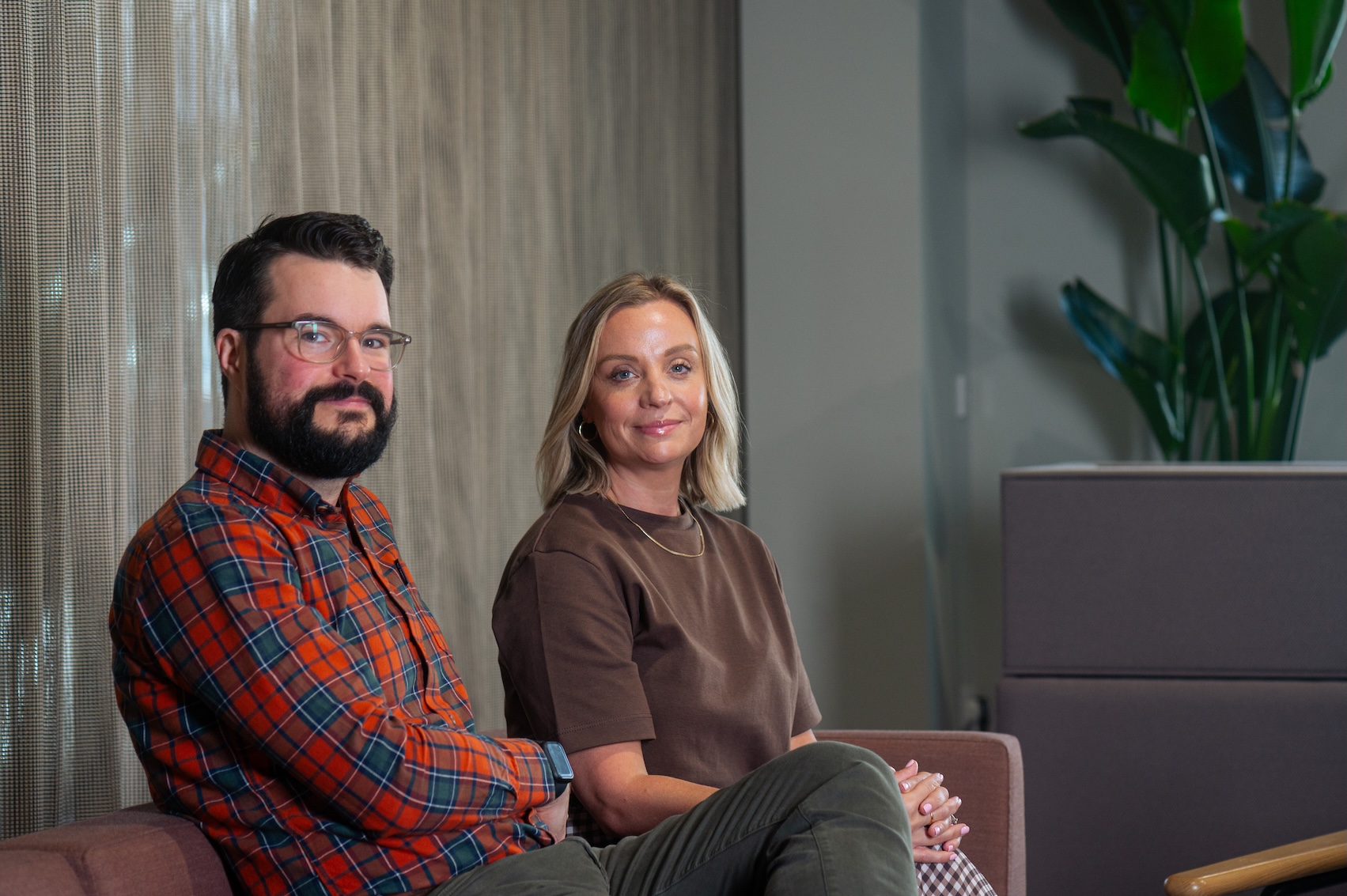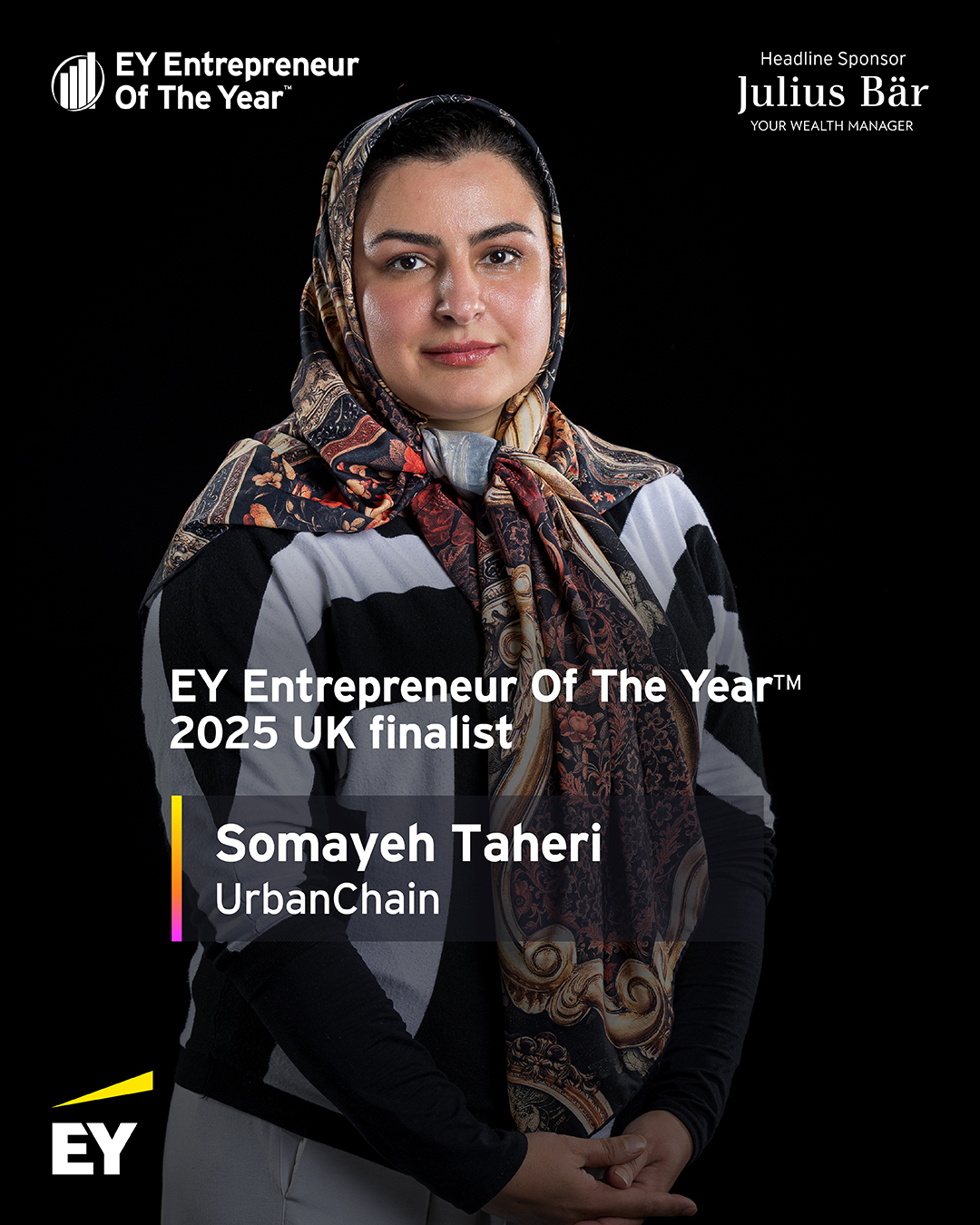Google's Project Loon initiative wants to provide internet access for the developing world from a network of balloons floating in the stratosphere. Former Microsoft boss Bill Gates isn't keen on the idea. "When you're dying of malaria, I suppose you'll look up and see that balloon, and I'm not sure how it'll help you. When a kid gets diarrhoea, no, there's no website that relieves that," Gates told Business Week, in an interview about the work of the Bill & Melinda Gates Foundation.
"Certainly I'm a huge believer in the digital revolution. And connecting up primary-healthcare centres, connecting up schools, those are good things. But no, those are not, for the really low-income countries, unless you directly say we're going to do something about malaria."
Gates also questioned Google's commitment to projects in developing countries through its Google.org arm and related initiatives. "Google started out saying they were going to do a broad set of things. They hired Larry Brilliant, and they got fantastic publicity," said Gates. "And then they shut it all down. Now they're just doing their core thing. Fine. But the actors who just do their core thing are not going to uplift the poor."
Project Loon was announced in June as Google launched a pilot scheme with 30 balloons above New Zealand, providing internet access through receivers on the ground. "We believe that it might actually be possible to build a ring of balloons, flying around the globe on the stratospheric winds, that provides Internet access to the earth below," explained project lead Mike Cassidy at the time, suggesting speeds could eventually match today's 3G networks. As a result, we hope balloons could become an option for connecting rural, remote, and under-served areas, and for helping with communications after natural disasters. The idea may sound a bit crazy – and that's part of the reason we're calling it Project Loon – but there's solid science behind it."
Source: The Guardian









